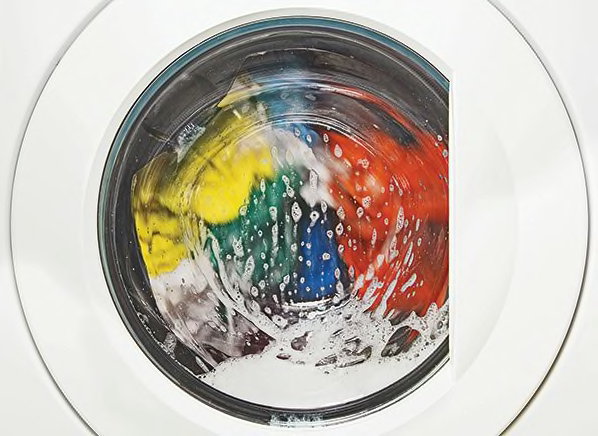Sign In


Once a child is diagnosed with ADHD, where should families turn for help and treatment? We asked parents which providers their children had visited in the past 12 months to manage their condition.
When we looked at patient satisfaction with each type of provider, we saw little difference among the professionals visited. Parents were "very" or "completely" satisfied about half of the time among both medical and non-medical providers of care. These levels of satisfaction are slightly lower than those found in a recent survey of adults visiting mental-health treatment providers.
But there are some important differences among providers that can help you decide who to see for treatment.
Pediatricians (65 percent) were the providers most frequently involved in treating ADHD, followed by child psychiatrists (22 percent). This reliance on medical doctors is not surprising, given that 84 percent of the children in our survey had tried medication (see Drug treatment: Pros and cons). Nonmedical treatment providers—school professionals other than psychologists (19 percent), school psychologists (18 percent), clinical psychologists (17 percent), and learning-disability specialists with master's degrees (12 percent)—were almost equally involved in treatment. (See an ADHD evaluation checklist for parents to bring to any treatment provider.)
Most children (about 58 percent) had seen two or more providers in the last 12 months. Given that each treatment provider might have strengths in different areas, visiting more than one might help some families achieve better results. And since children spend time in multiple environments—school, home, elsewhere—having people involved in those areas can increase the support network. "The best situation is when the parents, the teacher, and the physician are all on the same side—the same team—supporting the child who faces frustration and challenge with normal daily activities," says Marsha Rappley, M.D., a pediatric behavior specialist, dean of the Michigan State University School of Human Medicine, and a national expert on ADHD in children.
We asked parents to rate providers with this question: How much has this professional helped your child in the following areas: A lot, somewhat, a little, or not at all?
At school. It makes sense that school professionals (nonpsychologists) were more likely to help "a lot" with academic performance than other providers. When it came to behavior at school, they helped "a lot" 37 percent of the time. Some parents reported that pediatricians helped "a lot" (28 percent) with school behavior, while others thought pediatricians were "not at all" helpful (28 percent), underscoring the need for calling someone other than just a pediatrician for help at school.
Behavior at home. Clinical psychologists helped "a lot" with behavior at home 28 percent of the time, and pediatricians helped "a lot" 21 percent of the time. (School psychologists and other school professionals were not very likely to help with behavior at home.)
Social relationships. The highest scores for helping "a lot" with social relationships were nonmedical treatment providers, such as clinical psychologists, school professionals, and school psychologists.
Self-esteem. Clinical psychologists helped the most in the area of self-esteem (29 percent helped "a lot"). Learning-disability specialists with master's degrees were also among the more helpful providers in this area. Changes in self-esteem could also be related to improvements in other areas, like academic performance.
Medication management. While managing drugs seems like a straightforward task, it's actually a process that requires continuous attention to benefits, side effects, doses, and medication types. Pediatricians helped "a lot" with medication management 53 percent of the time. (Child psychiatrists and psychiatrists also helped a lot in this area.) Surprisingly, 13 percent of the parents whose children visited a physician said that he or she did not help at all. For more information, see Best ways to manage medications.
Here are steps you can take to coordinate your child's care:
 WASHING MACHINE REVIEWS
WASHING MACHINE REVIEWS GENERATOR REVIEWS
GENERATOR REVIEWS
 Build & Buy Car Buying Service
Build & Buy Car Buying Service
Save thousands off MSRP with upfront dealer pricing information and a transparent car buying experience.
 Get Ratings on the go and compare
Get Ratings on the go and compare
while you shop